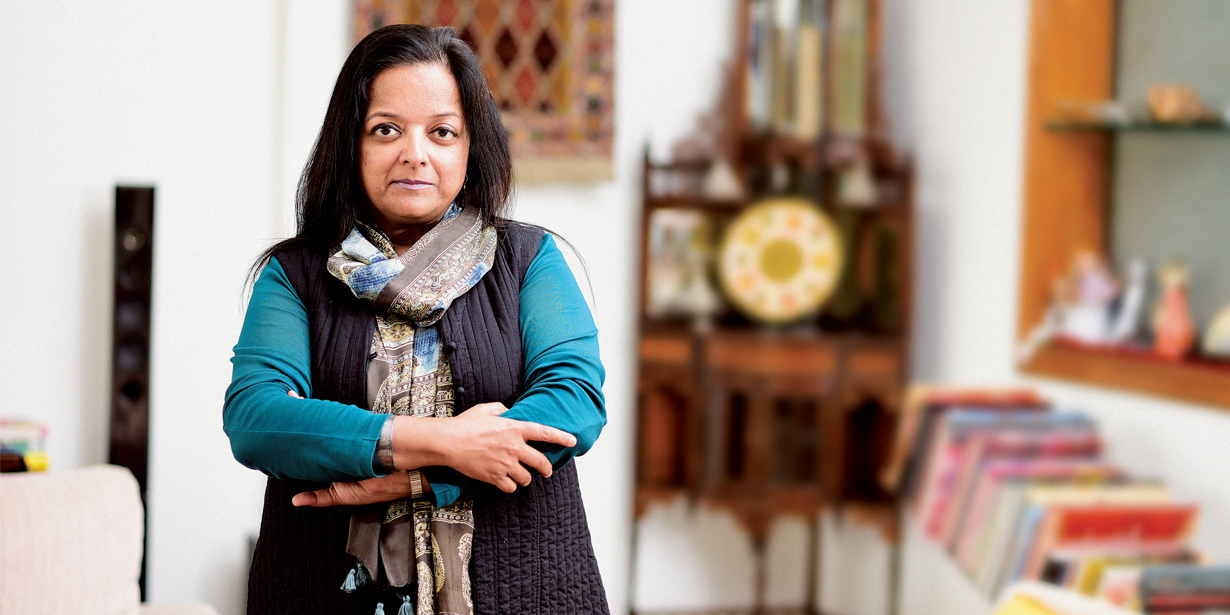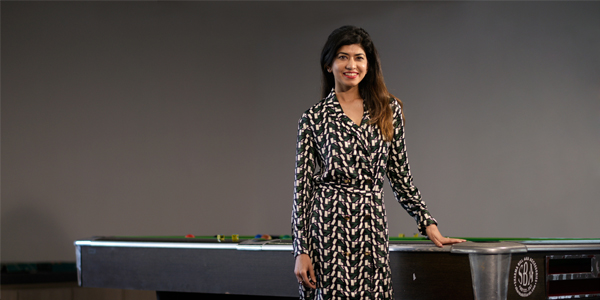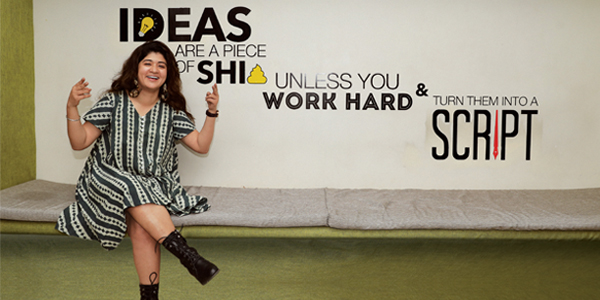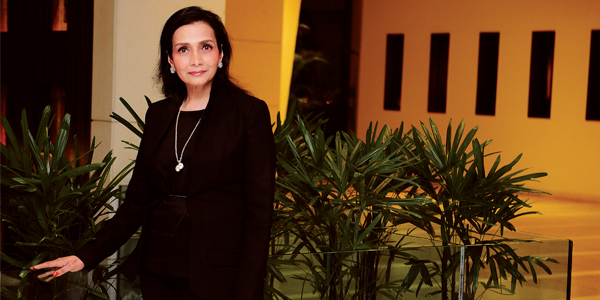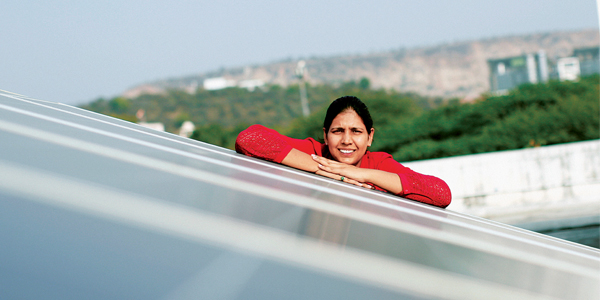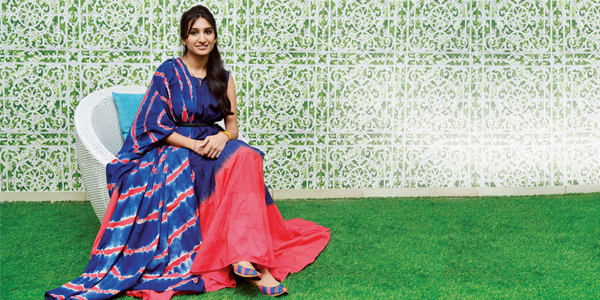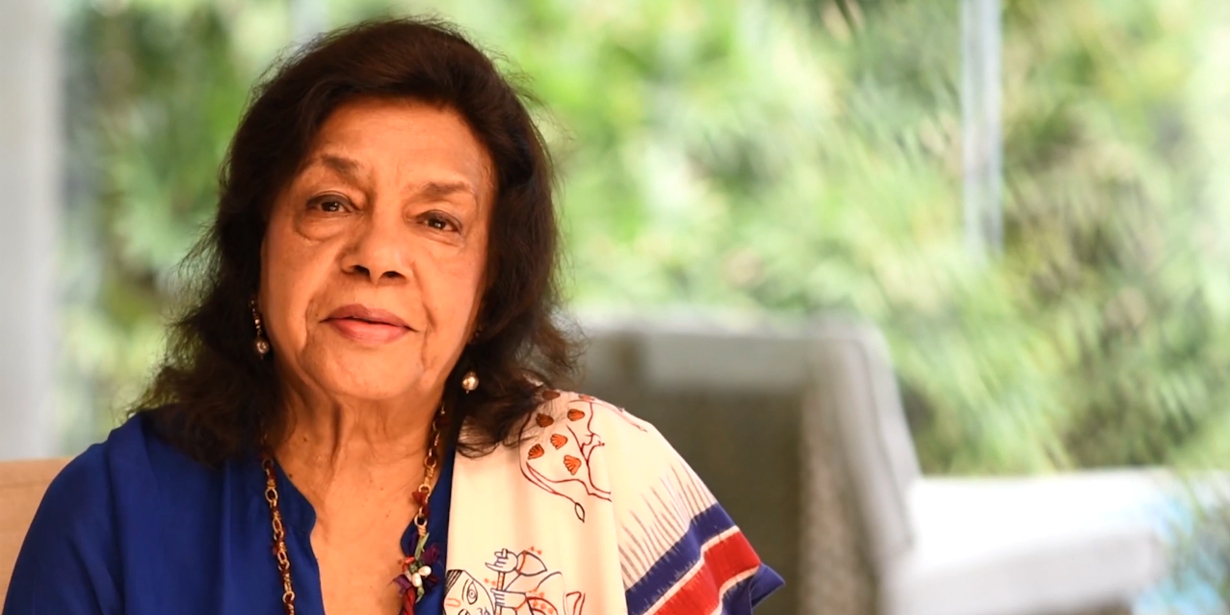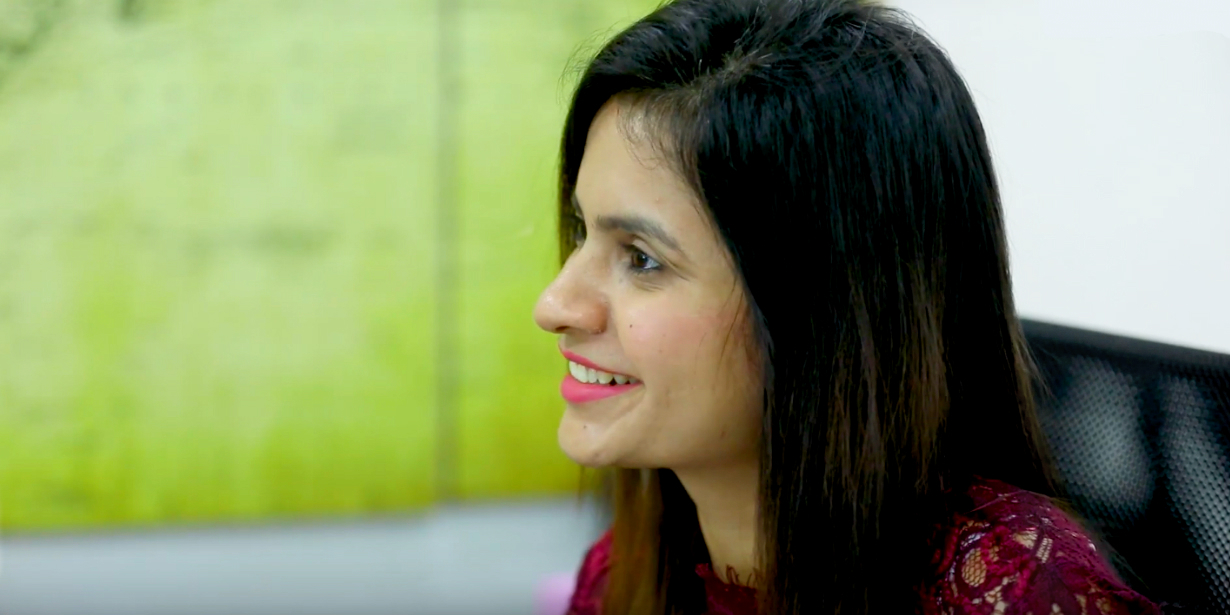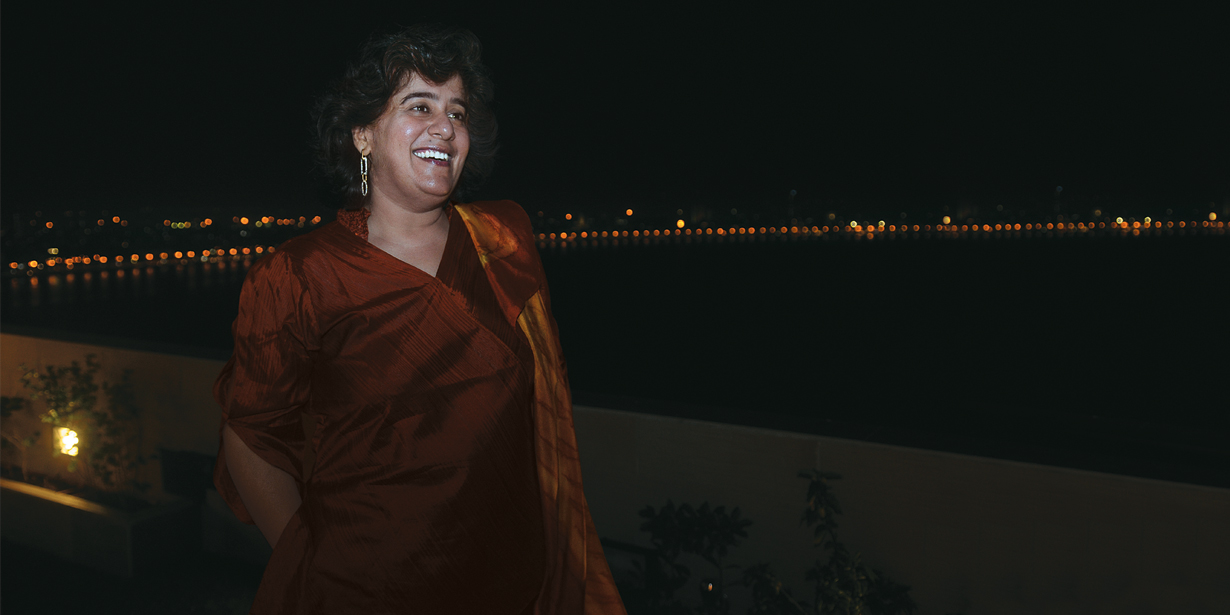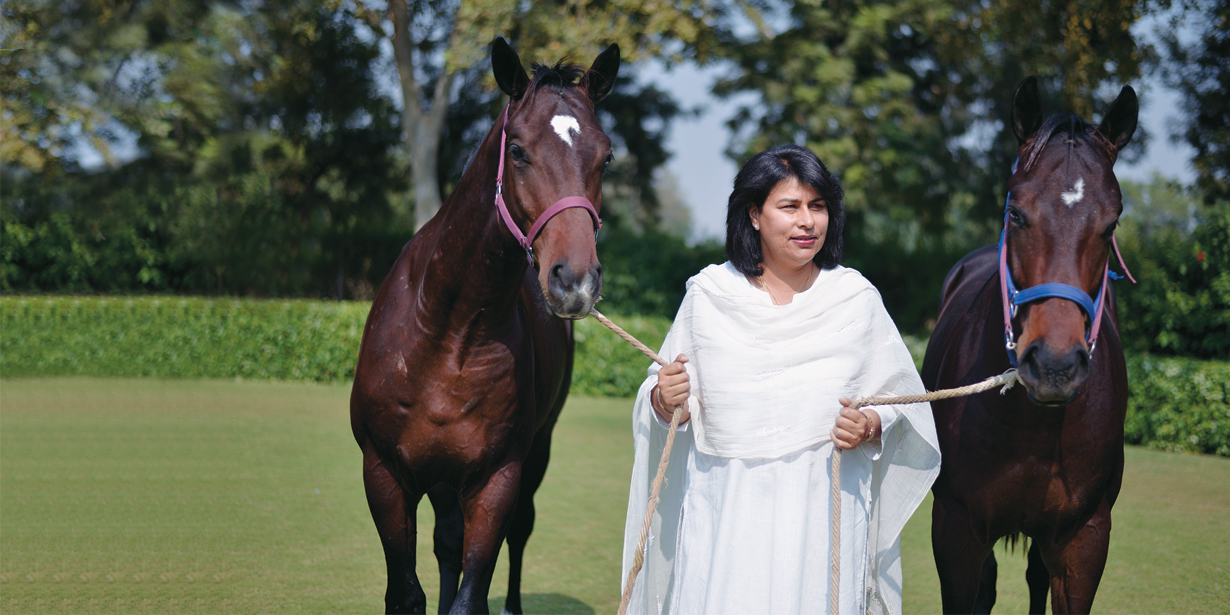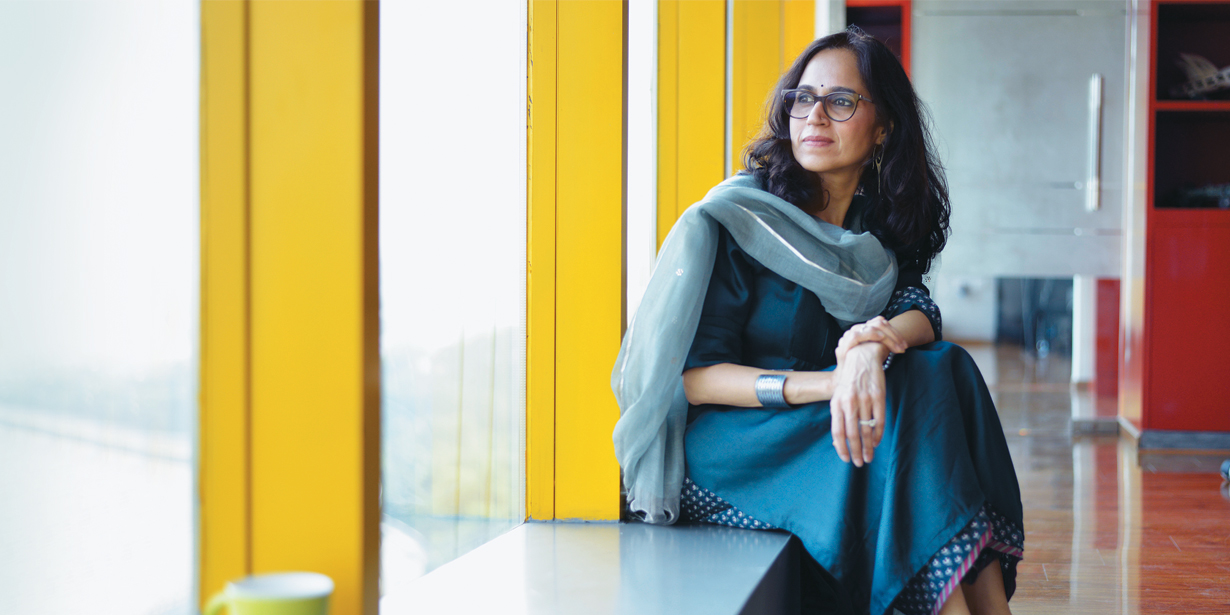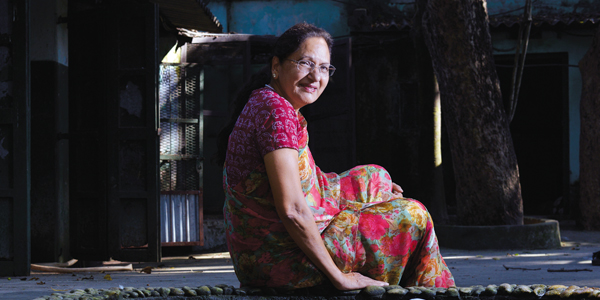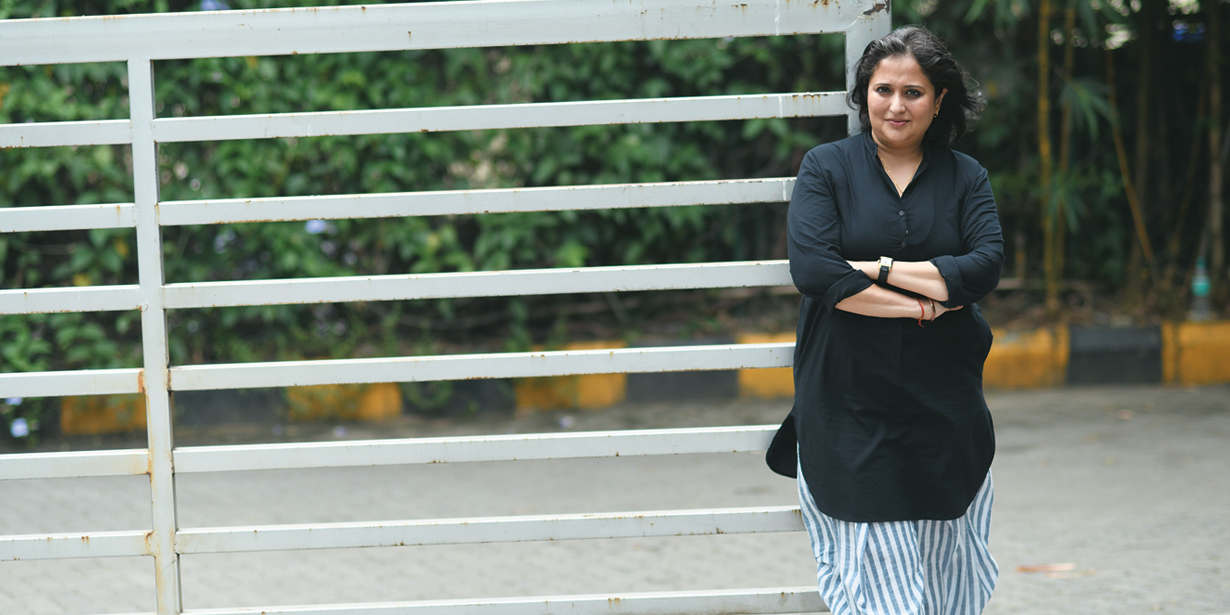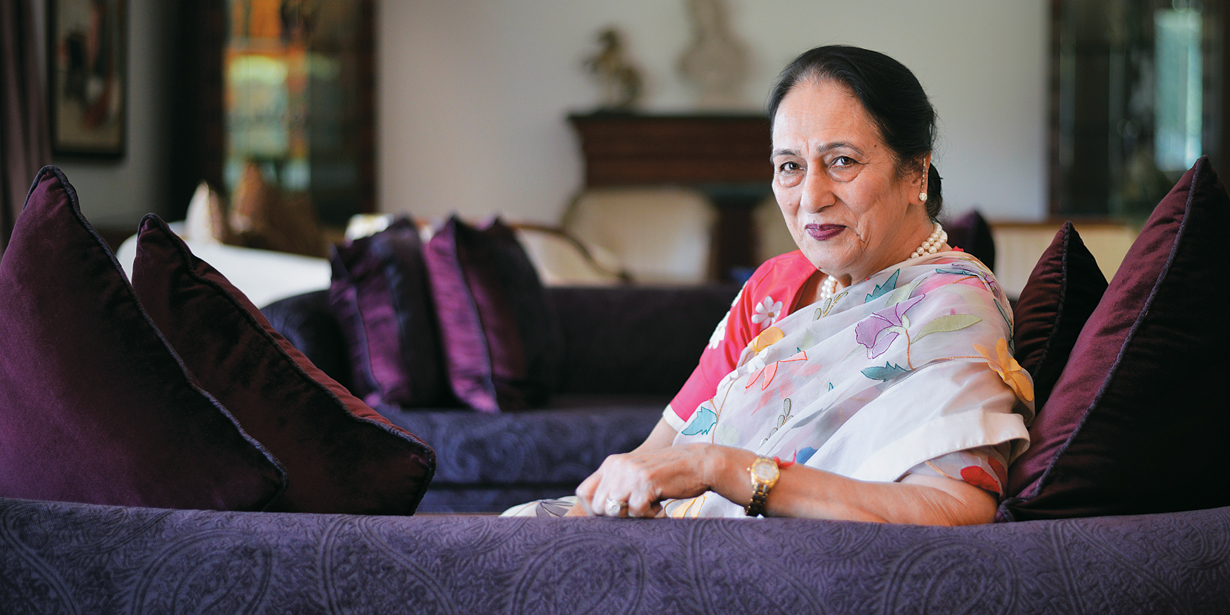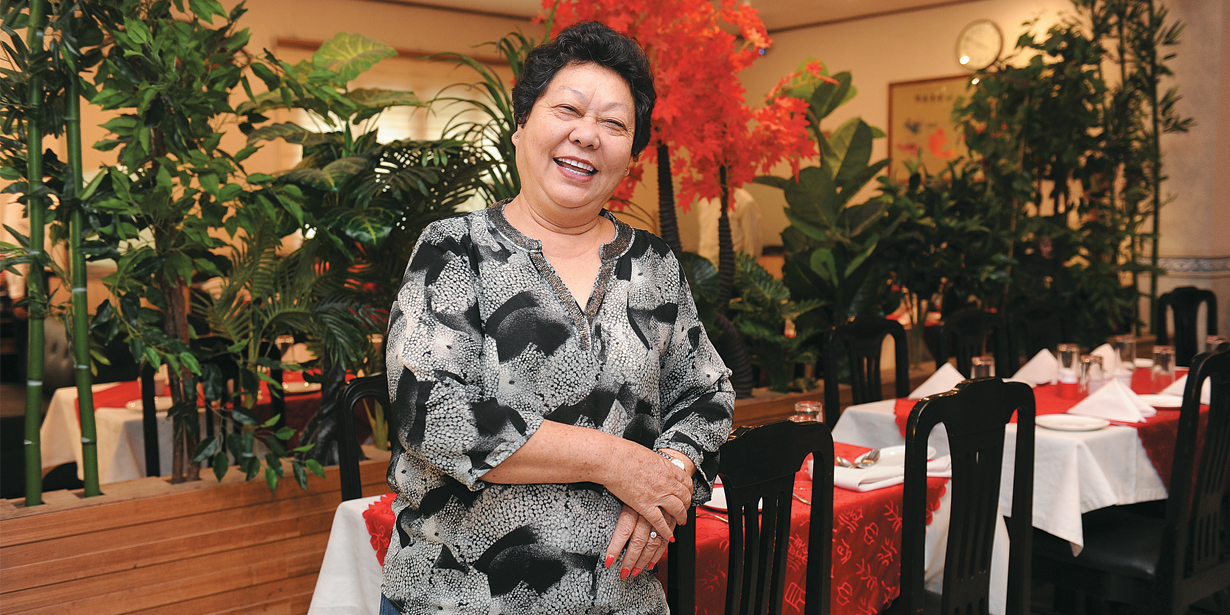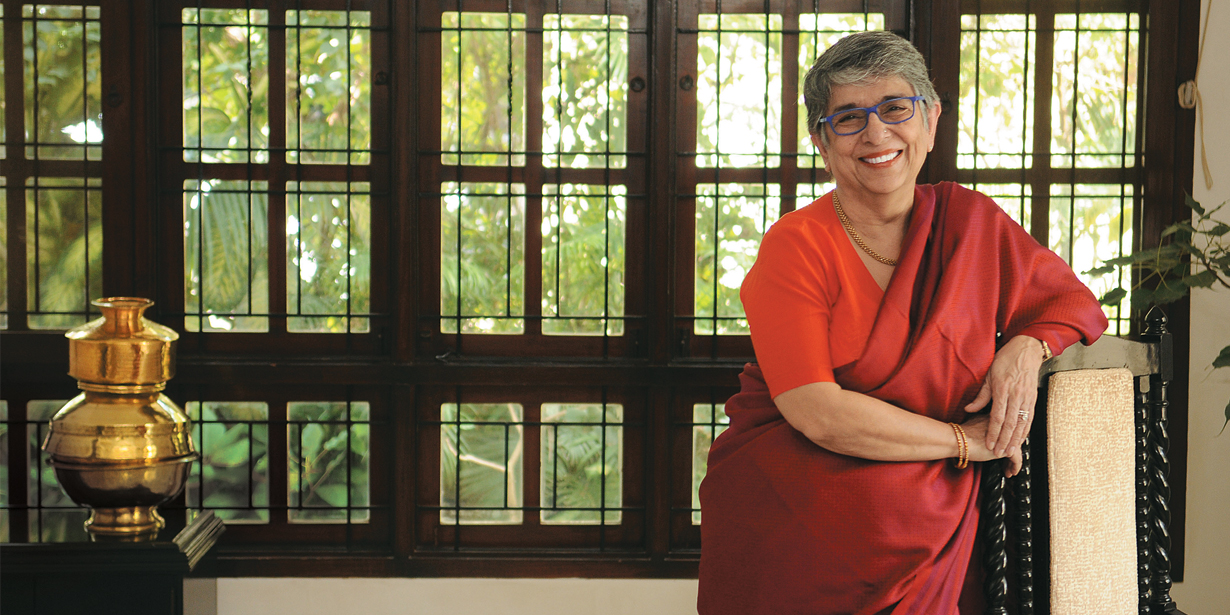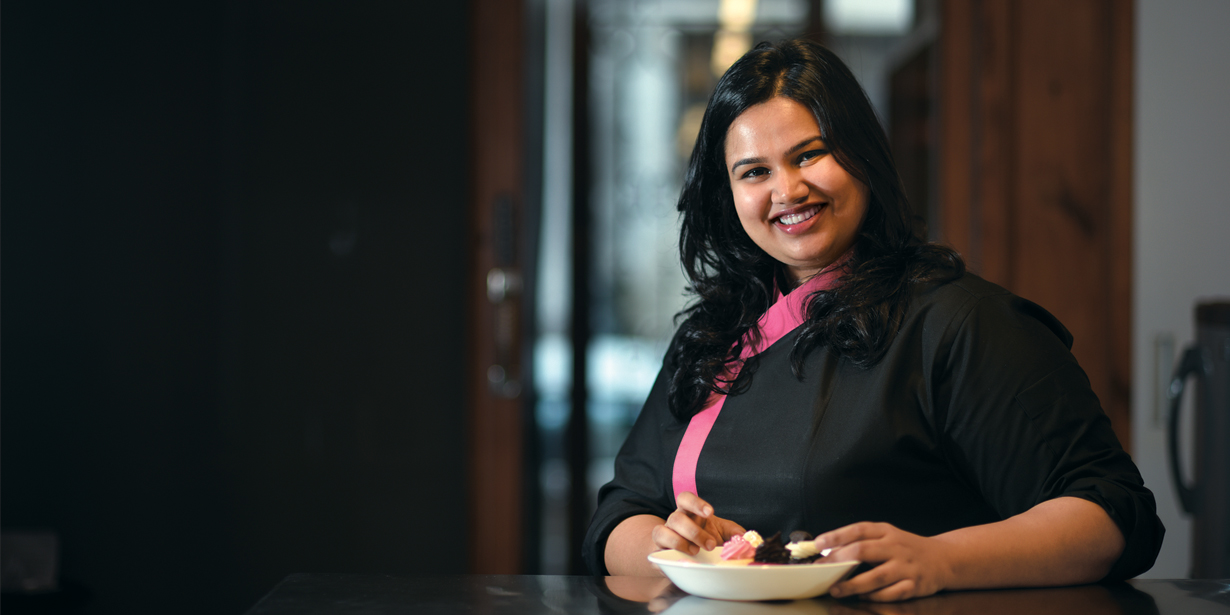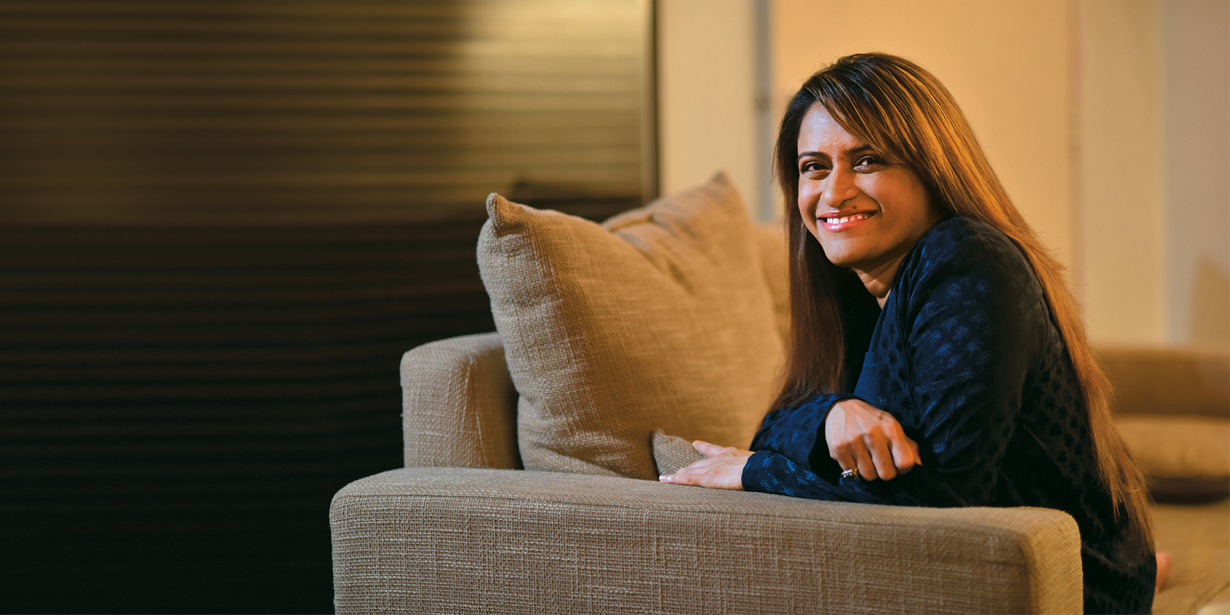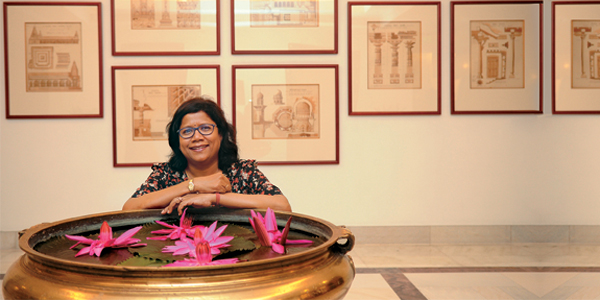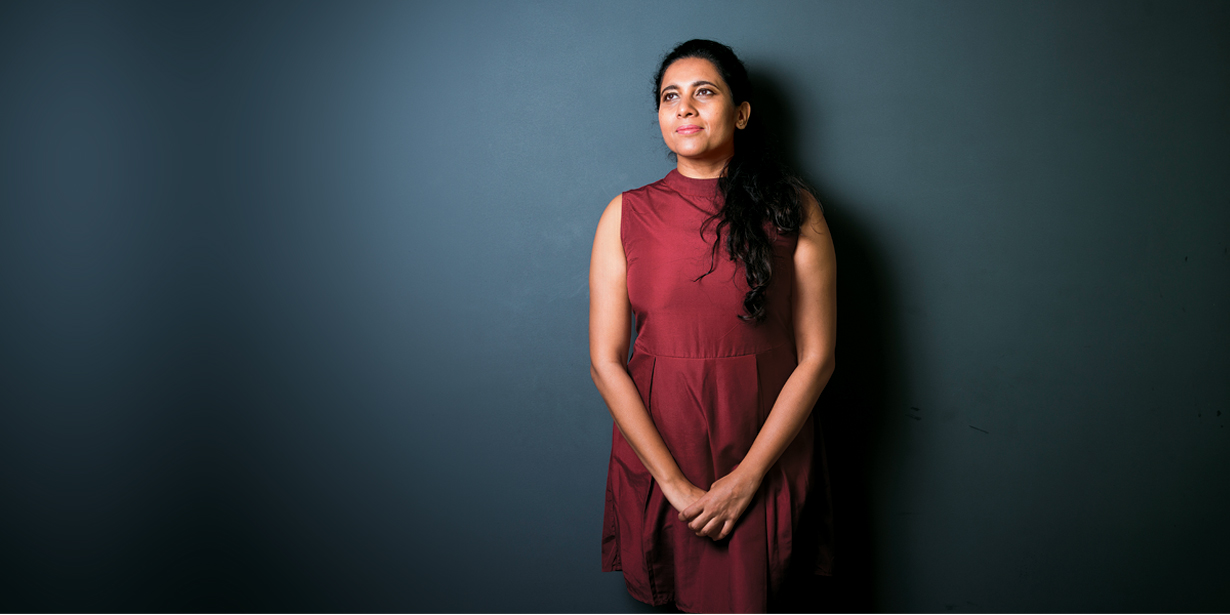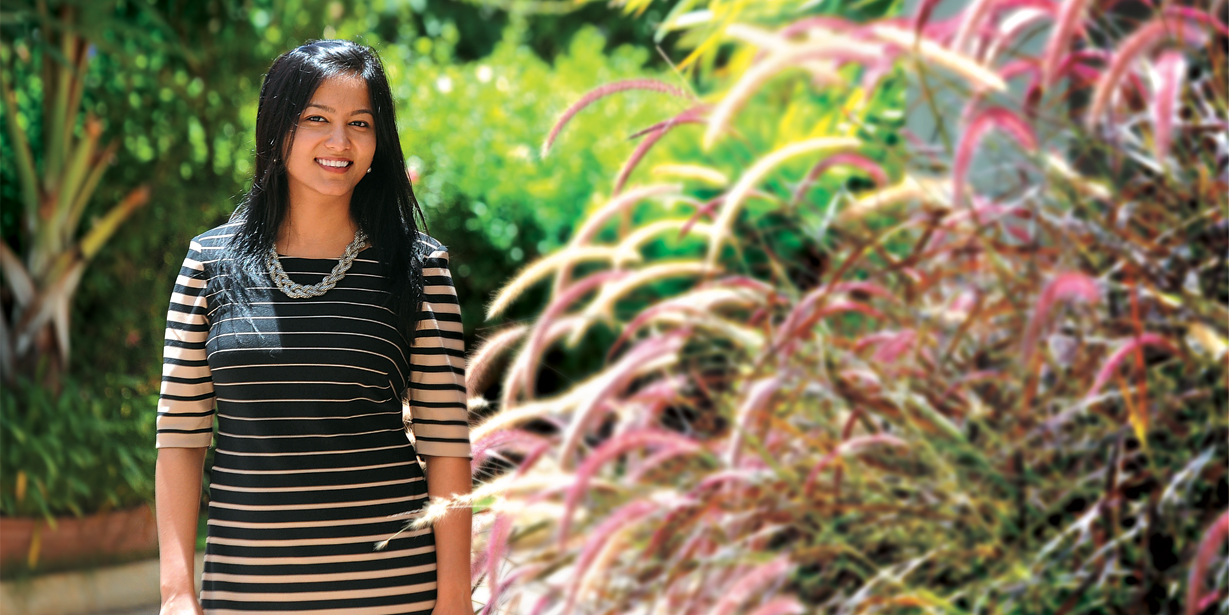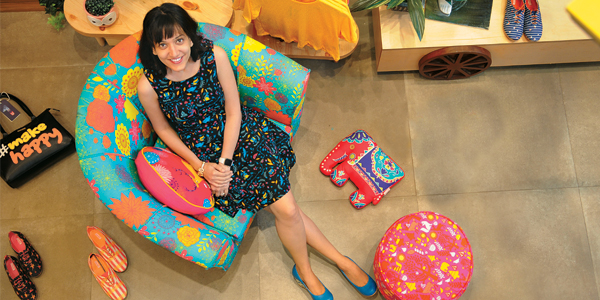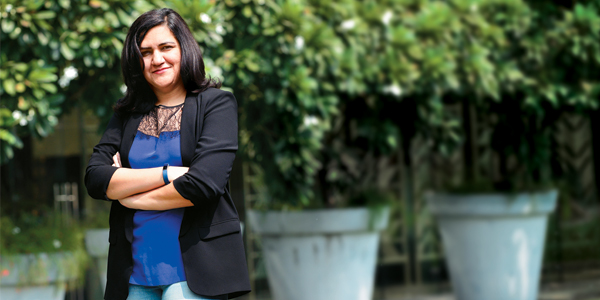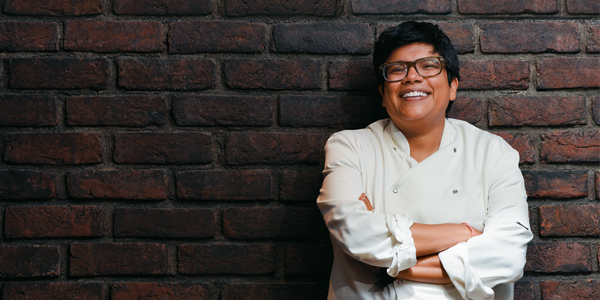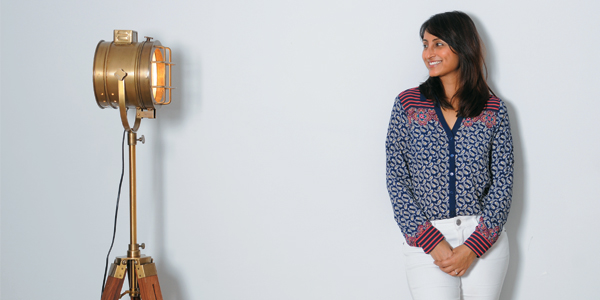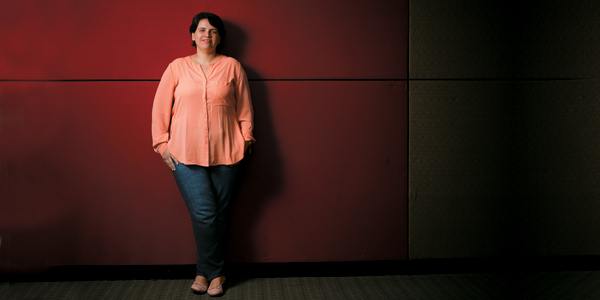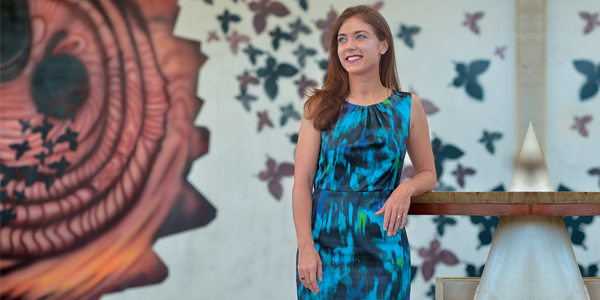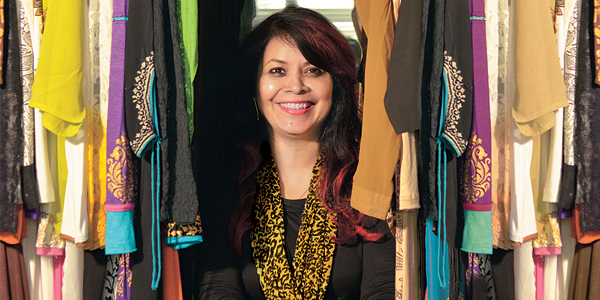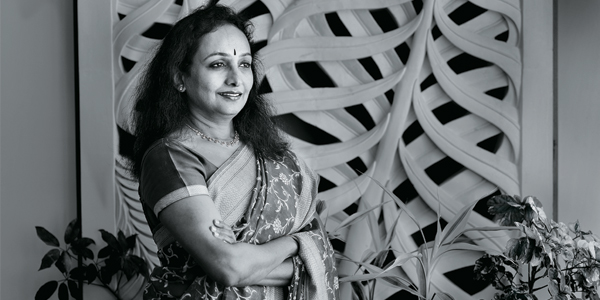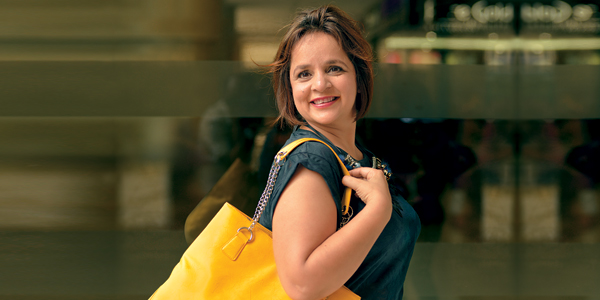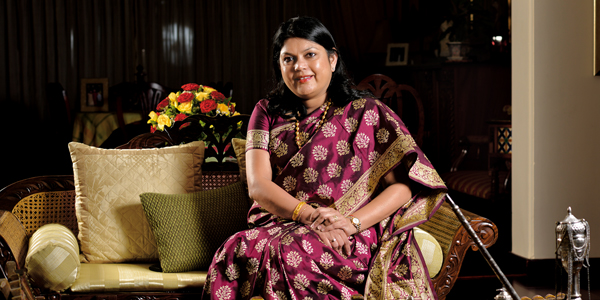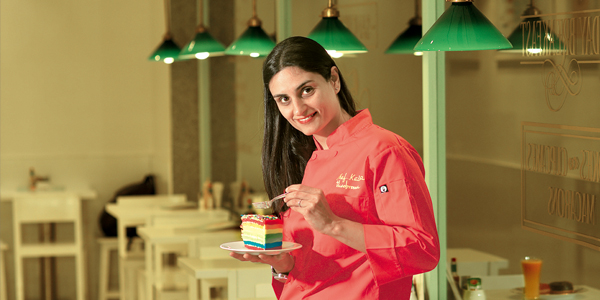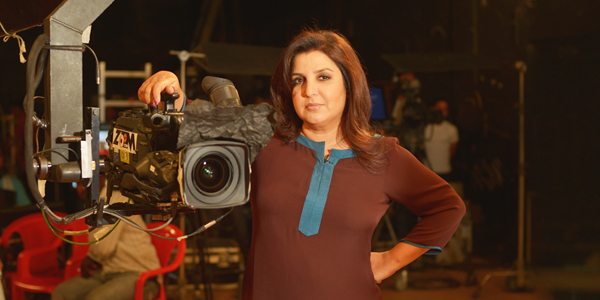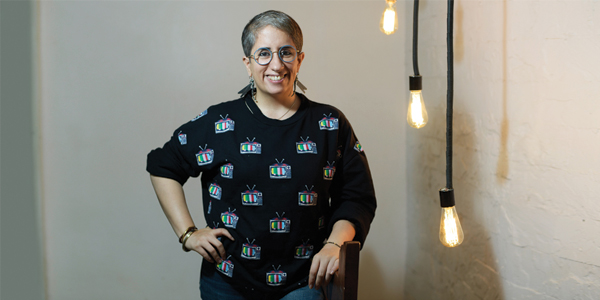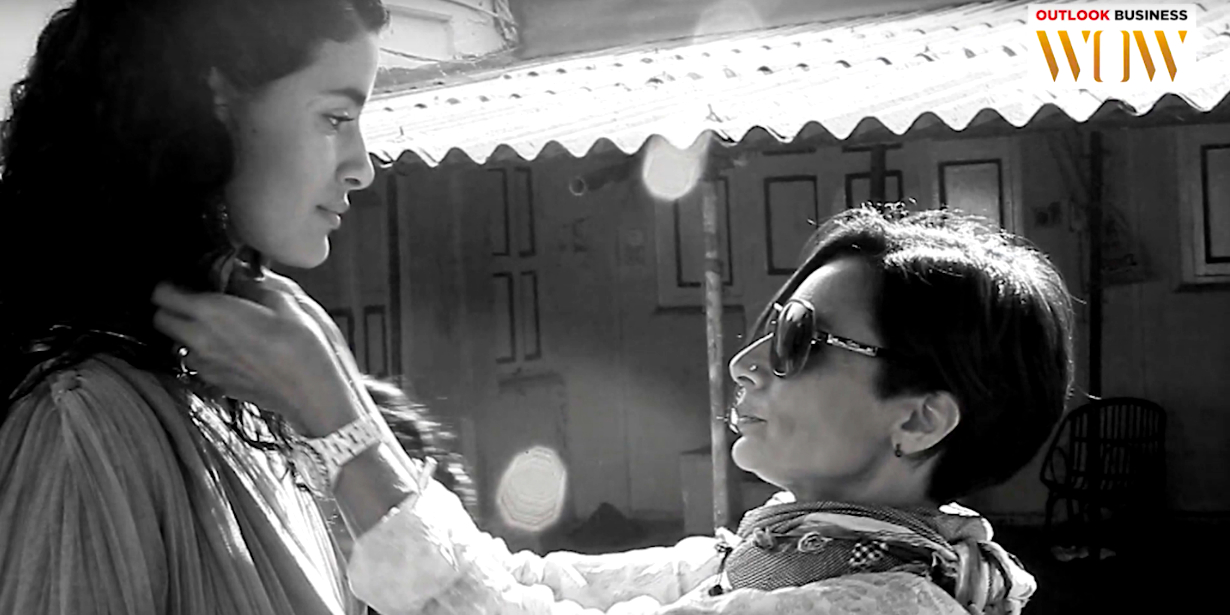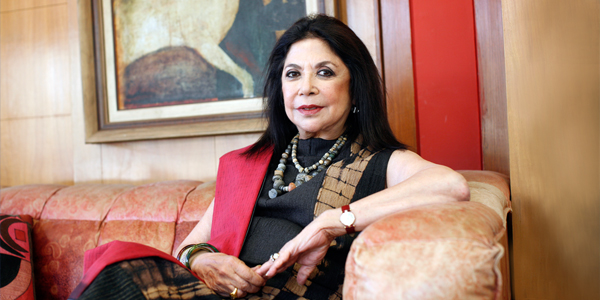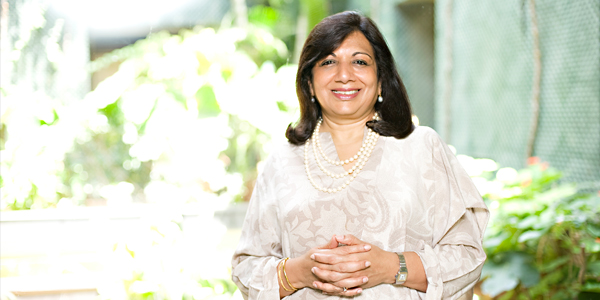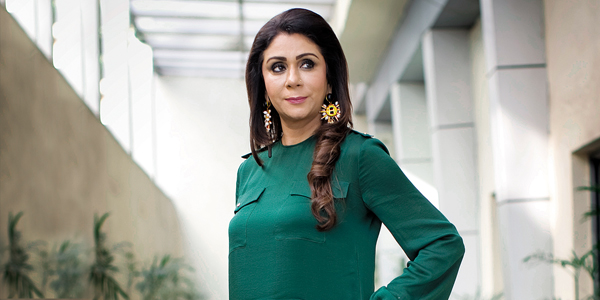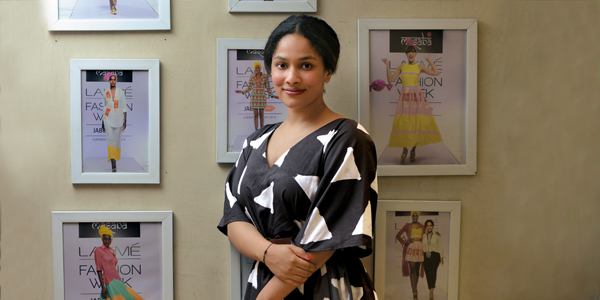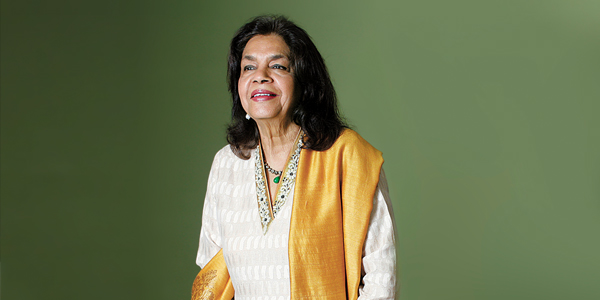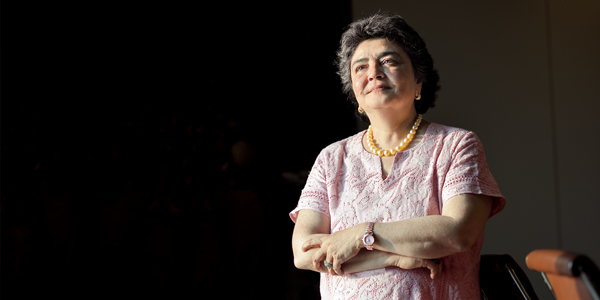She had three completely different passions – and built successful businesses in each: Jaypore’s Shilpa Sharma
Shilpa Sharma followed all her passions — all things ethnic, travel and food — with relentless commitment and converted them into profitable businesses
Warm, colourful, Indian. These words capture the personality of this Mumbaikar, which is also reflected in her home décor. Shilpa Sharma, co-founder of Jaypore, a brand that brings together designs of artisans and craftsmen from all over India, has devoted most of her professional years to the business of lifestyle and fashion retail “Having had a conservative upbringing, my battles were hard fought, and well won,” she says. Sharma had always been inquisitive. She was insistent that she learns as much as she can, and not conform to the family’s diktat of girls in the family settling into holy matrimony straight after they graduated . Hence, she chose the economics-statistics group at St Xavier’s College in Mumbai, did her graduation in economics and then pursued her MBA in marketing from Welingkar Institute of Management. She opted for a job in Advertising straight from campus.
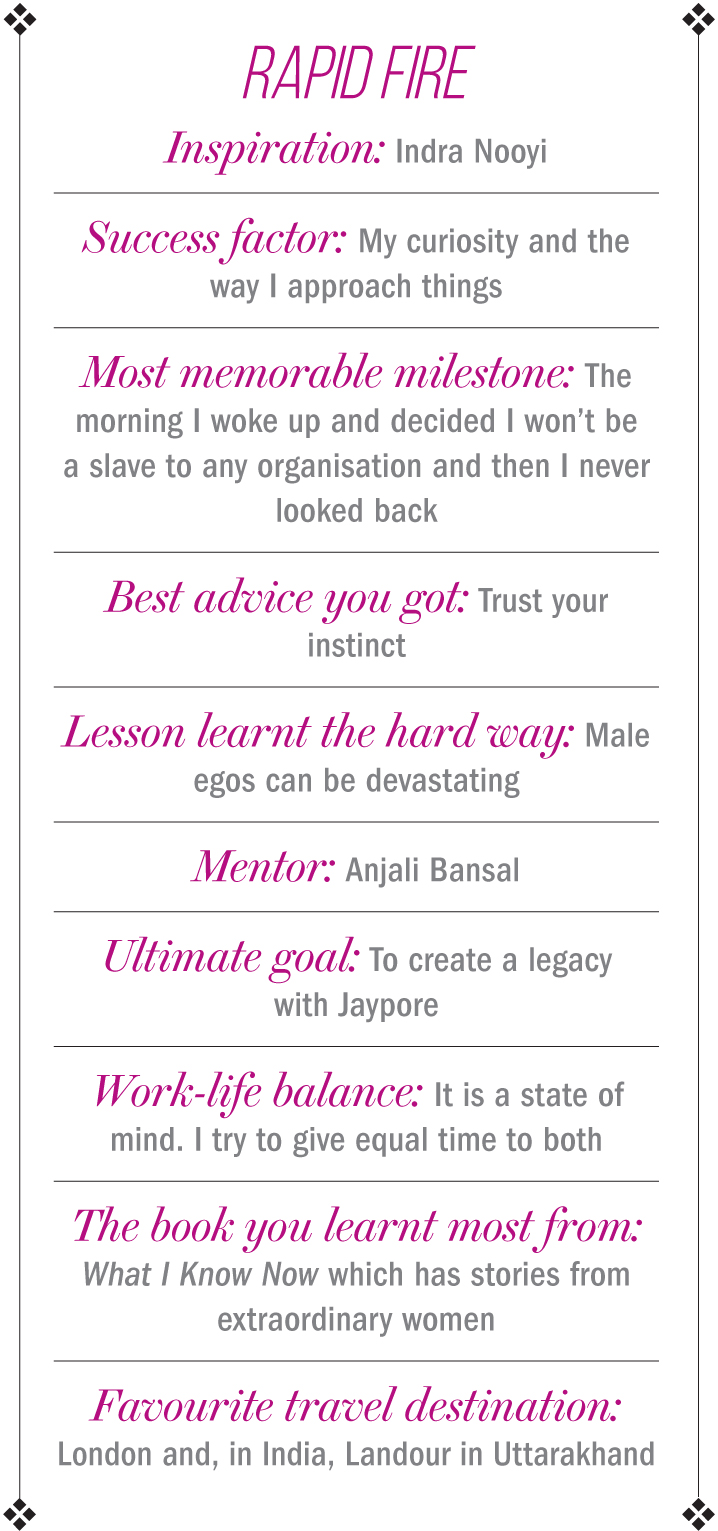 Her first job, in 1989, was at Lowe Lintas advertising. She worked there for two years but realised that this was not her calling. “There was a personality mismatch, and I did not have what it would take, to thrive in advertising as a career choice. So I looked for an opportunity in brand and took up a product manager role in Cadbury,” Sharma says.
Her first job, in 1989, was at Lowe Lintas advertising. She worked there for two years but realised that this was not her calling. “There was a personality mismatch, and I did not have what it would take, to thrive in advertising as a career choice. So I looked for an opportunity in brand and took up a product manager role in Cadbury,” Sharma says.
Cadbury seemed to be everything that she ever wanted. Here she also met her future husband, with whom she worked for a year and a half. They moved to London when he was offered a secondment at the Cadbury HQ in UK, Living in a foreign country was exciting but, recession had hit and there were no jobs for her . “As a fiercely independent woman, I couldn’t bear the thought of sitting around being dependent. So, I applied to summer school at London School of Economics, to use my time productively,” she says. But that didn’t take up much time. The rest of her time was spent driving around, exploring places in and around the city., and sometimes around the countryside too “I am just a very curious person. I drove around the countryside, exploring villages, towns and neighbourhoods, and took lessons in baking,” she says.
Whilst their time in Englad was very gratifying, personally, she was troubled by a nagging feeling that she was not doing anything constructive. “I wasn’t contributing to the family income, I didn’t want to spend on myself. I realised then that I would not ever want to be financially vulnerable or dependent on anyone else,” Sharma says.
The firstnthing she did when they moved back to India, was look for a job
In India, Sharma started working at Marico as a brand manager. After four years, at 31, her son was born, and she decided that she didn’t want to leave him alone at home and go to work when he was still so little . “I wasn’t quite ready to go back to work four months after my son was born. I asked for long leave with no obligations on them to keep my job open,” says Sharma.
Life had other plans for her, for soon after she resigned from her job at Marico, she got an offer from one of her most loved brands, Fabindia. Sharma had decided she would take a year off, but this opportunity clearly, brought her back sooner.
A friend had connected her long ago with William Bissell, MD of Fabindia, knowing how much she admired the brand. “on one such trip to Delhi, as a customer, I suggested to him that they open a store in Mumbai. I told him that, if they do, I would be very keen to join Fabindia,” she says. Who knew that, years later, Bissell would take her advice seriously, save her card and call her up.
Fabindia was her dream, and she joined them in June 1998 to help set up their first store in Mumbai. less than a year after quitting Marico.
“When I started working at Fabindia, there was some stigma attached to working in a ‘shop’ , ’ It was just hard for them to understand my passion for the brand,” Sharma says.
She recalls, during her long stint of ten years, heading store operations, she opened 90 stores all over the country. The brand had only two stores in Delhi, and one each in Bengaluru and Chennai before she joined them in 1998 . “I was enthusiastic, and wanted to maximise the potential for sale. I did not agree with closing shop at 6 pm and staying shut on Sundays, and made a strong case to the management to rethink opening hours and days.” Bissell permitted Sharma to open the store till 8 pm in Mumbai, and slowly the strategy was adopted for all the stores.
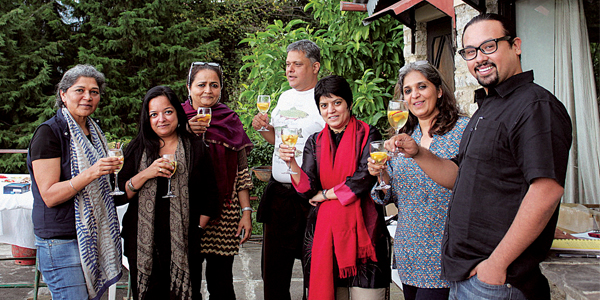
Years passed and Sharma spearheaded most of Fabindia’s growth in that time span . The brand’s revenue grew from Rs.340 million to Rs.4 billion under her. When she left as the store operations head, to head buying and merchandising in Delhi, the organisation had grown from four stores to 90, and she handed over 32 contracts of new stores that would open over a period of time. Today, it is one of the most loved Indian wear clothing and lifestyle brands in the country.
“I’d had over a decade of the most enriching experience in store operations and then almost two years in buying and merchandising. But, I realised one day that I’d outgrown the shoe I was wearing, and knew something had to change. I’m not a status quo kind of person and could not live with the fact that my learning had stopped. So I decided it was time to change that status quo, and quit in January 2010,” she says.
The year 2010 was quite a rollercoaster for Sharma. She left her long-standing job and walked out of her 17-year-old marriage. “Then, it was tough, but seemed to be the best thing to do. It was life changing, in every which way, but I was ready to start a fresh chapter in my life. I chose to continue living in Delhi and started my consulting practice in June 2010,” she recalls.
Sharma was not done reinventing herself. In August 2012, she started her travel venture Breakaway. “I had no experience in this field but I love to travel, and I wanted to share my approach to travel with the world,” she says about the sole reason for giving this a shot.
Her travel website works on a slightly different format than the more mainstream operators. Breakaway focuses on planning and organising customised trips to offbeat destinations, and in community interactions facilitated by a domain specialist.
However, life had other plans and Breakaway had to be relegated to the back burner soon. Sharma recalls, in October 2011, she had hosted a webcast on the state of the fashion industry in India, for which the audience was chiefly private equity investors. A couple of months later, a PE investor introduced Sharma to Puneet Chawla, who then became her co-founder for Jaypore. Chawla wanted to start an e-commerce portal for fashion but was not quite sure what the proposition could be. That is when Sharma stepped in with many ideas on what they could sell.
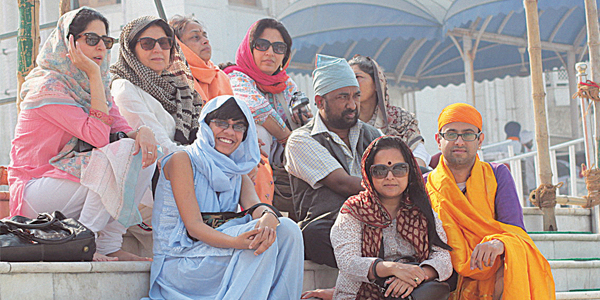
Jaypore started off as a curated platform where it sourced apparel, jewelry, accessories and home décor from about 250 artisans, designers and groups who work with about 10,000 artisans. Sharma wanted to bring high quality, and high on design work of Indian craftsmen to upper-middle class homes pretty much all over the world.
Started in 2012, with Rs.2 million as seed money from Haresh Chawla , erstwhile Partner at True North, Jaypore has received Rs.500 million in investments so far from social venture capital firm Aavishkaar .. The online store gets about a million visits a month and has a repeat customer base of 70%. With an average deal value of Rs.4,000-4,500 per transaction, the company earns a 45% gross margin across all its products.
While apparels make up for 50% of overall revenue, jewelry contributes about 25%, and footwear, bags and accessories make up the balance. The company that is expected to clock a revenue of Rs.650 million in FY19 gets about 25-30% of this from overseas.
Given the fact that Delhi and Bengaluru are two of its biggest markets in India, the brand decided to open stores in these cities and the plan is to open five to 10 stores in tier-I cities and metros over the next 12-18 months.
Juggling three different companies is no cakewalk. But Sharma is finally able to make time to devote to her travel business, Breakaway. There is also her restaurant venture Mustard, which she started with her dear friend Punam Singh in 2015. It is now present in Goa and Mumbai, and she’s excited about the space. “Each one of my entrepreneurial ventures has been non-mainstream. Whether it is Jaypore or Breakaway, or Mustard for that matter, we have chosen to swim against the tide, with a concept that is unique and has a strong reason to be. We are not competing with main stream players on their value proposition or on price,” Sharma says. “The F&B space is predominantly male-dominated in India and we know that our concept and approach of delivering high quality, unpretentious home-style food experience has made people sit up and take notice of us.”
Sharma, it seems, has never settled for what simply comes her way. She has constantly reinvented herself and, along the way, made a trusted brand online for premium Indian handicrafts. Even after her ventures into food and travel, she shows no signs of slowing down. Her restless wanderer’s mind will find another horizon to chase soon.
